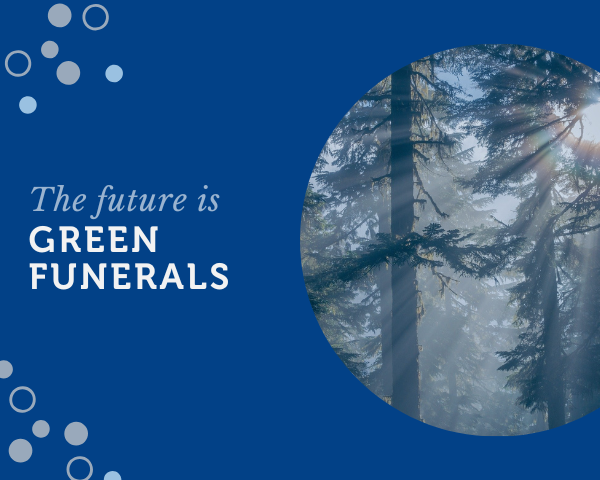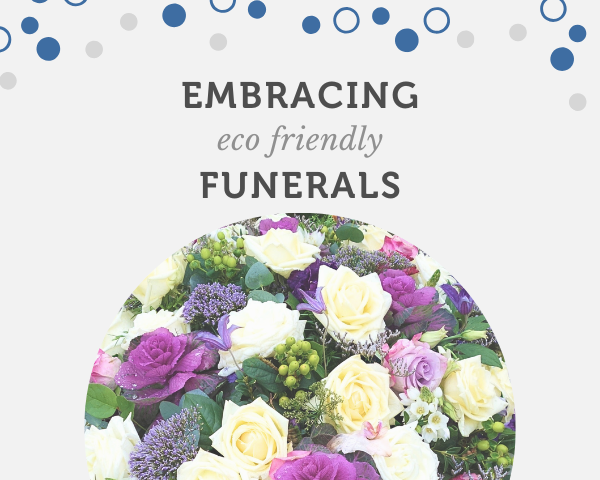Greener ways? Terramation and Resomation
The funeral industry is not one people might commonly associate with new technologies and advancements; in fact, it’s one many people consider reliant on traditions and established ceremonies. This is actually far from the truth – as technology and attitudes change, people’s considerations and wishes change with them.
One major aspect that people are considering now more than ever is the environment, and the effects on it of those more traditional methods of burial and cremation. This concern has so far sprung two new options – terramation and resomation. These may sound like something out of a sci-fi movie, but they are real alternatives that address the environmental impact of traditional burial and cremation methods.


Resomation, or aquamation as it is also known, is the newest and latest process to have made headlines. The appropriate scientific term is alkaline hydrolysis, which in the case of processing remains involves the body being placed within a vessel that is filled with a water and alkali solution. This is heated and pressurized – two conditions which rapidly accelerate decomposition and break down organic matter. All that is left is a sterile liquid and the skeletal system, which can be processed into a form that resembles traditional ashes. Polling indicates that almost nobody in the UK has heard of this method, which is unsurprising given it has only very recently been introduced here as an option at all. Around 30% of those who were asked, however, said they would choose the method once it was explained to them.
Perhaps the method which is less alien to us would be terramation, as it uses science which is much closer to that we find in nature. Rather than breaking down organic matter chemically, terramation uses the natural ecosystem or a recreation of its conditions to peacefully allow a body to become part of the environment again. This is done by eliminating embalming fluids, which can harm the environment and hinder natural decomposition, and placing a body inside any one of the different biodegradable alternatives to traditional coffins. Naturally occurring bacteria are allowed to break down the body over 30-45 days, after which the end result is a rich soil that can be put back into the environment as chosen. Many see it as a return to nature, where instead of harming the environment someone chooses to actually benefit the ecosystem, plants and in turn other wildlife. This is the reason why it is commonly referred to as ‘human composting’.
Both terramation and resomation offer several environmental benefits over traditional burial and cremation methods. Traditional burials often require the use of valuable land resources and can contribute to the contamination of soil through the release of embalming fluids. Cremation, while efficient in terms of the space it requires, releases greenhouse gases and pollutants into the atmosphere.
By embracing these alternative methods, the funeral industry can recognize the importance of addressing environmental concerns while still providing meaningful and respectful end-of-life services. The shift towards terramation and resomation is in line with a growing desire to reduce our environmental footprint and leave a positive legacy for future generations.
These methods also offer families a unique opportunity to participate in the process and be more involved in the final farewell. Families can choose to plant memorial trees or gardens on the burial sites, which can provide a sense of comfort and connection, allowing families to feel more at peace with the natural cycle of life and death. It is important to remember that resomation has only recently been made legal in the UK, and terramation remains illegal. These are important facts to bare in mind for those considering either method.
It is important that the funeral industry can adapt to these changes – at Towners we are committed to change by exploring the forefront of new developments. We strive to fulfil any wish someone or their family might have to ensure that the celebration of their life truly reflects their values and beliefs.




